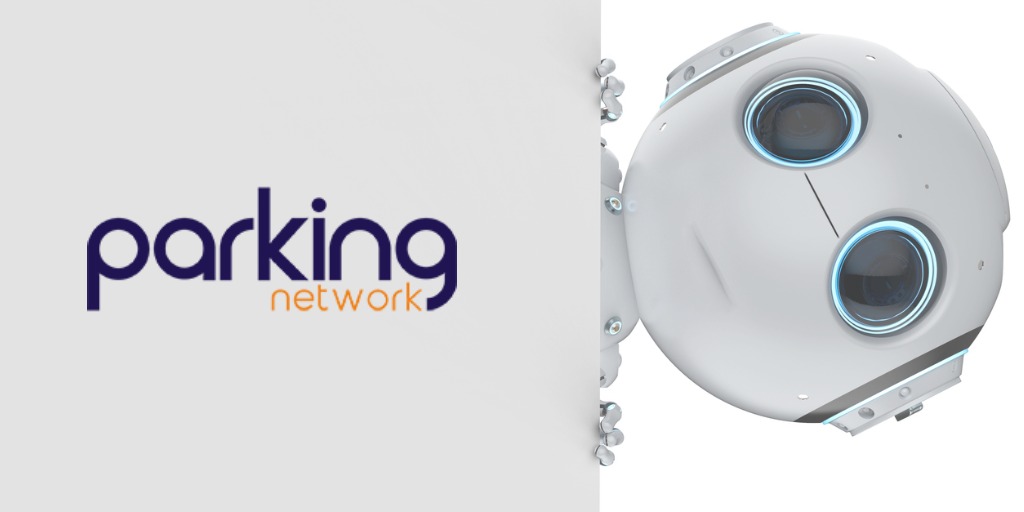
Are you guilty of parking in an unauthorized spot every once in a while? A quick stop to grab a package or run some errands? Well, you might want to think twice next time when you pull over, and leave your car unattended on a curb, you could be removed by the next stage in parking enforcement - robots.

Parking automation has come a long way, but is certainly not a new concept. In fact, the first instance of an automated parking system appeared in Paris, France in 1905 at the Garage Rue du Ponthieu. Auguste Perret, a civil engineer, developed a simple mechanical lift that acted as an elevator between floors. Attendants would drive the car on and off the elevator and to the respective spaces.
From there, automation in car parking reached America in the following decade. Similar systems were introduced in several major cities like Chicago, New York, and LA. Over the years as systems were refined and developed to be faster, cheaper to build, and easier to maintain, the concept took off in Europe and Asia too.
Robotics in parking enforcement, however, has only been used for a relatively short period of time.
The first robotic parking enforcement system was developed in 2012 by a company called Aware Systems. The Autonomous Towing Vehicle (ATV), is a self-driving vehicle that is equipped with a robotic arm that can tow illegally parked cars. Controlled by a computer system, the ATV uses sensors and cameras to identify and tow cars violating parking rules.
The ATV had many advantages, like labor outsourcing and efficiency, but was vulnerable to vandalism and expensive to purchase and maintain. On top of that, the acceptance of autonomous systems in the wider populations was still in its infancy. Since 2012, technology has advanced rapidly as well as the public view towards AI and automated systems.
As of this year, Smart Parking, Stanley Robotics, ParkingEye, and Auro Robotics all are players in the automated mobility sector, and they offer automated parking enforcement. Being able to replace parking enforcement jobs with robots can have many benefits for us in the parking industry, including:
- Increased efficiency: Robots can perform parking tasks more efficiently than humans. For example, robots can scan parking spaces more quickly and accurately than humans, and they can tow illegally parked cars more efficiently.
- Reduced costs: Robots are less expensive to operate than humans. This is because robots do not require salaries, benefits, or overtime pay.
- Improved safety: Robots are less likely to be injured or killed in an accident than humans. This is because robots are not susceptible to human errors such as fatigue or distraction.
- 24/7 availability: Robots can work 24/7, which means that parking enforcement can be conducted at all hours of the day.
- Improved data collection: Robots can collect data about parking patterns and usage. This data can be used to improve parking management and to make better decisions about parking infrastructure.

Of course, there are always two sides to the coin, and although the future of automation in parking enforcement is exciting, there are also some challenges to replacing human labor with robotics in the parking industry. Initial costs can be high, there may be some technical challenges that require further development - such as the usage of these units in severe weather conditions, or simply navigating complex environments that are subject to human error (think a busy shopping street with pedestrians, cyclists, delivery vehicles, mixed parking rules, etc). However, the good news is that these systems are already available, already in use and that means they can be refined even further.
As with all things, perhaps the key is in balance. Automated car retrieval systems and parking enforcement supervised by humans on-site or remotely could be the answer to gaining the best from both worlds.
What do you think? Are you a fan of robotics in parking enforcement? Do you think the correct balance can be struck to optimize certain tasks in the parking industry? Let us know by getting involved on social media posts or emailing us at editor@parking.net, we'd love to hear from you!








